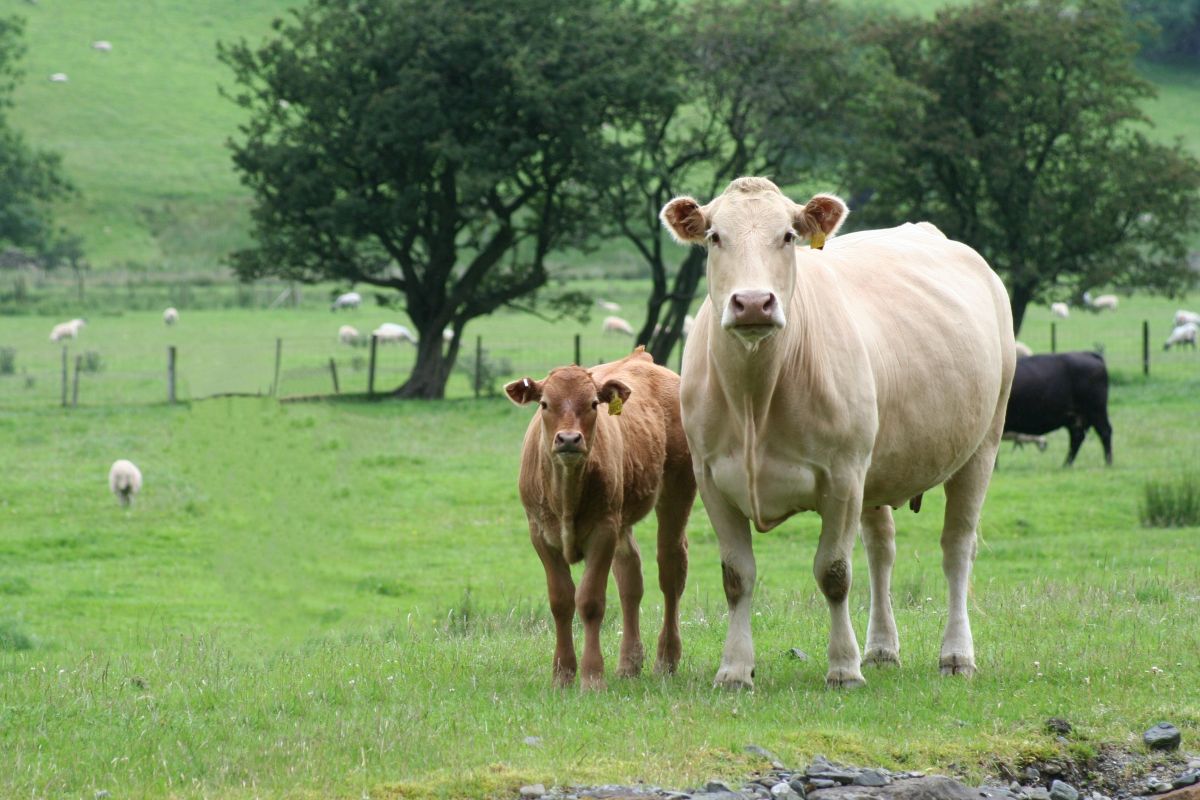
The administration of the Beef Efficiency Scheme scheme has resulted in a number of beef farmers choosing not to participate and others deciding to withdraw their participation, according to NFU Scotland.
Following pressure by the farming union and Scottish farmers to make changes to the administration of the scheme to make it more workable and remove some of the frustrations, farmers taking part in the Beef Efficiency Scheme (BES) have been informed this week of changes to the distribution of tissue tags for calves born in 2017.
The Beef Efficiency Scheme requires farmers taking part to collect tissue samples from a proportion of their calves born every year, as well as their bulls, to allow genetic information to be used to estimate the genetic merit of animals for breeding.
An estimated 180,000 beef cows from 2000 Scottish farmers have enrolled in the new five-year £45 million Rural Development scheme which looks to improve the efficiency, sustainability and quality of the beef herd whilst helping producers increase the genetic value of their stock and reduce their greenhouse gas emissions.
NFU Scotland has informed Scottish Government of the frustration felt by farmers when multiple batches of tags arrived at different times of the year for different animals that in the same batch of calves.
As a result, Scottish Government will now only make one selection of animals for tissue sampling per-business per year.
NFU Scotland has, in recent months, highlighted concerns to the Scottish Government that some farmers were unable to tissue sample animals as they had already sold them in sales prior to receiving their tissue tags.
'Frustrating'
The latest development will allow applicants who believe they will be selling spring-born calves at autumn sales to enter their calving data on the BES database early, by 9 June 2017, if they need their tissue tags delivered between late July and 1 September.
Commenting on the change, NFU Scotland Livestock Committee Chairman Charlie Adam said: “Tags arriving at different times of the year for calves which were all born during the same period of time has frustrated our members.
“Scottish Government has listened and for calves born from 2017 onwards this should not be a problem again.
“New flexibility that will allow farmers to get tissue tags sooner is welcome and should make it now workable for more farmers to tissue sample their 2017 spring-born calves. It is hoped that the same flexibility will be given later in the year for the autumn-born crop of calves.
“It’s important that farmers remember that while they may choose to upload their data early in order to receive their tissue tags in early July, the existing deadline for entering calving data for spring-born calves has not changed, and it is necessary for this data to be entered by 15 July at the latest.”
